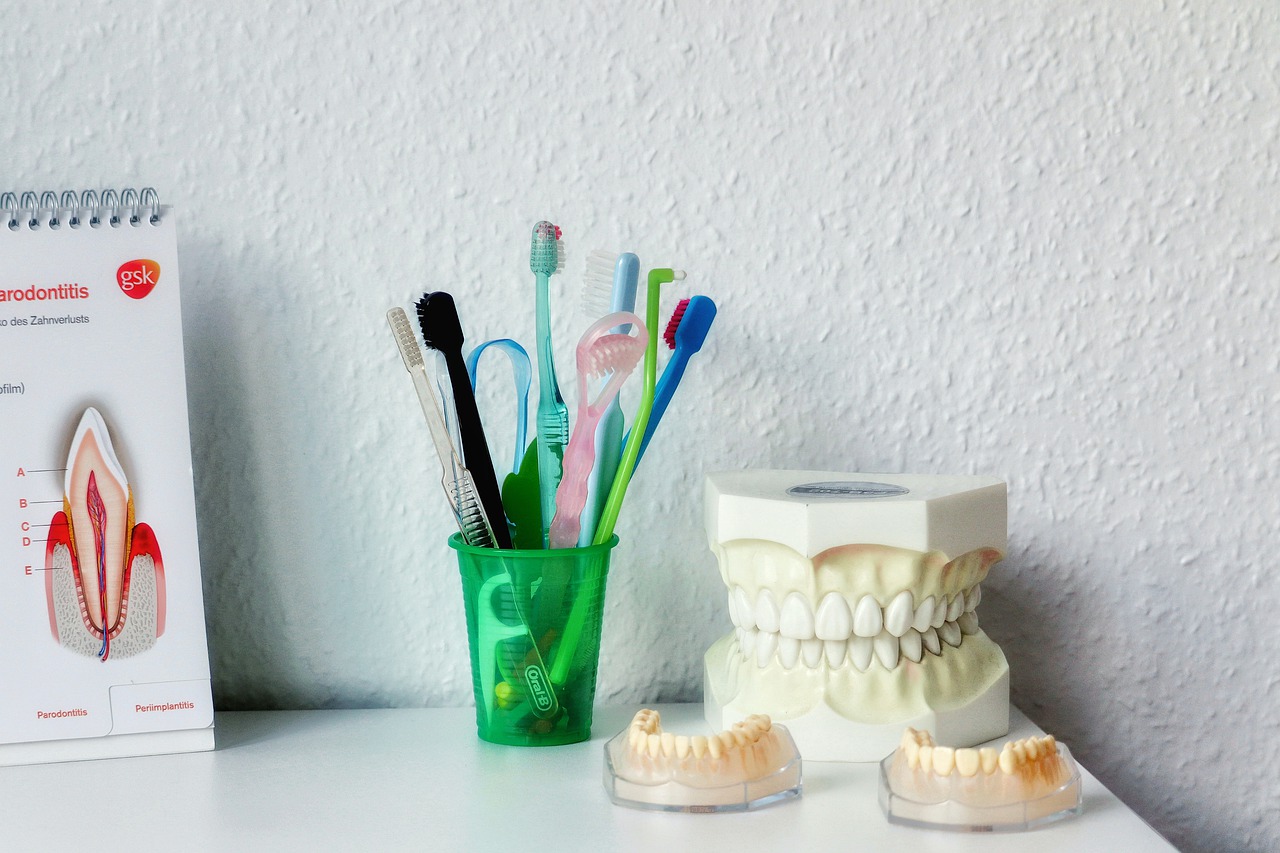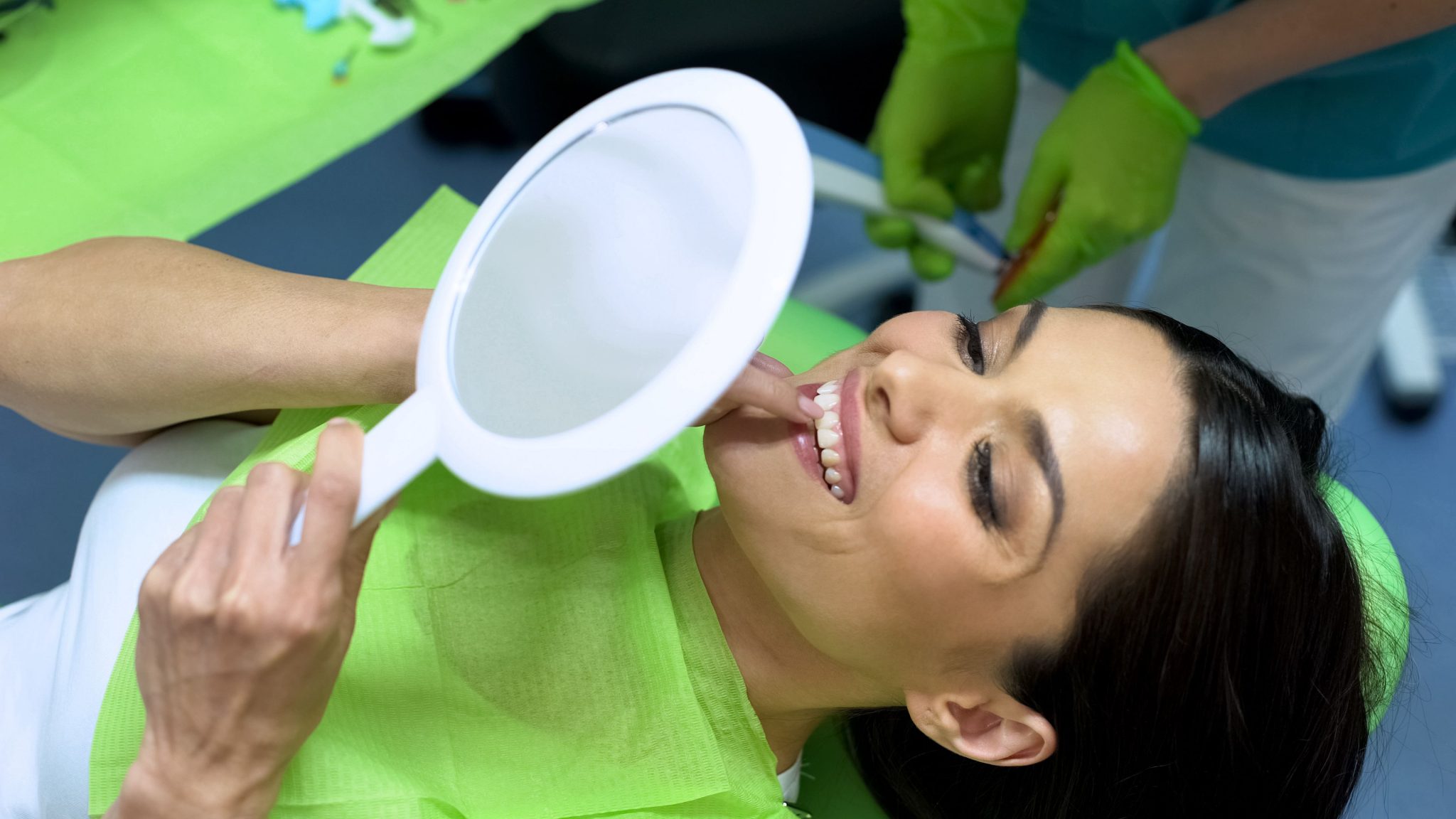Tooth sensitivity is a common problem, and many patients encounter pain or discomfort when they eat certain foods that are hot or cold. According to the Academy of General Dentistry, around 40 million adults suffer from sensitivity. Usually, the pain is temporary and can be treated to improve, but not cure the condition.
At Peña Adobe Dental Care, we provide many general dentistry services including treatment for patients that suffer from sensitivity. We strive to provide quality dental care in a caring and friendly environment, where patients can relax during their treatment. We welcome new patients to our practice, and look forward to you joining our dental family.
What Causes Tooth Sensitivity?
Tooth sensitivity can happen suddenly, and to anyone. Typically, symptoms of sensitivity include a sudden sharp pain when your teeth are exposed to cold, hot, or acidic foods. Tooth sensitivity can also come after you brush or floss your teeth. Teeth whitening can cause sensitivity after treatment, so patients should consider this when they are deciding to start a whitening regimen.
Our teeth are protected by enamel, and underneath the enamel is a layer of dentin. Dentin is soft, and if the enamel on your teeth is worn down, or your gums have receded the dentin can become exposed. Dentin can be exposed from cavities or cracks in your teeth. The dentin is connected to the nerve area, and this is what can cause pain or sensitive teeth.
Other Actions That Can Cause Sensitivity
- Brushing too vigorously
- Gum recession from periodontal disease
- Gingivitis
- Teeth grinding or clenching
- Cracked or injured teeth
- Plaque
- Acidic foods or drinks
- Dental procedures such as sensitivity after a filling
- Teeth Whitening treatments
What Treatments Are Available for Tooth Sensitivity?
Tooth sensitivity can never completely go away, but there are treatments available that can help alleviate the sensitivity you experience. If you are experiencing any sensitivity, we recommend you make an appointment for an exam in our office. We can treat sensitivity easier if we know that is what is causing you pain. Never leave pain untreated as this could lead to more serious issues in the future.
Sensitivity Treatments
- Using a toothpaste for sensitive teeth.
- Changing to a soft bristled tooth brush.
- Use a mouthwash that contains fluoride.
- Avoid acidic foods or drinks.
- Avoid clenching or grinding your teeth.
- Inlays or bonding can help fix a tooth and decrease sensitivity.
- Gum grafts can help protect the root area of the tooth.
- Fluoride gel or varnish treatment can help protect your teeth from wear and tear.
- Root Canal therapy if needed can help with severe tooth sensitivity, but this is typically the last resort.
Taking care of your teeth and knowing when to call your dentist is important. Patients should never have prolonged pain or sensitivity to hot or cold. It is always important to take care of your oral health, and practice good habits at home. At Peña Adobe Dental Care, your oral health is our priority, and we strive to provide our patients with quality and affordable dental services. Let our team help you take charge of your dental health.
Ready To Schedule Your Appointment?
If you are interested in finding out more about treatments for tooth sensitivity, contact Peña Adobe Dental Care, and our friendly staff will be happy to assist you.







